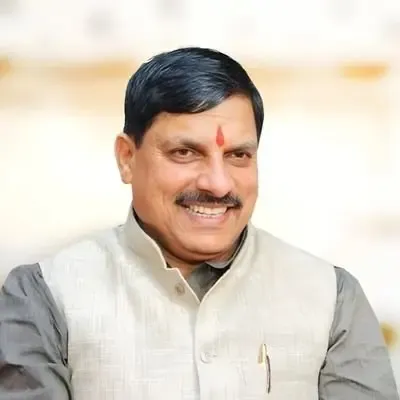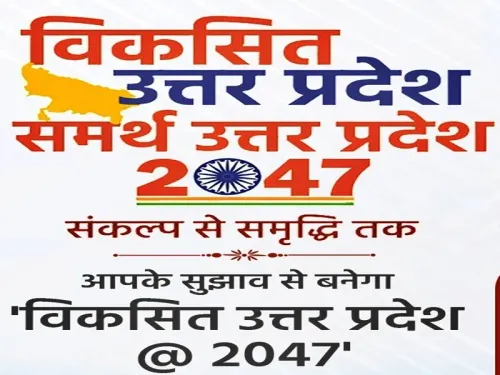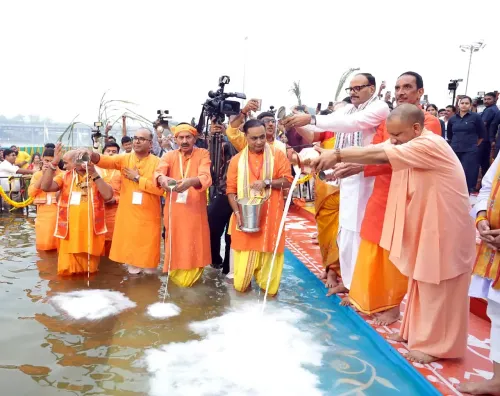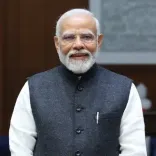Piyush Goyal Critiques States Demanding Central Fund Allocations Based on Tax Contributions
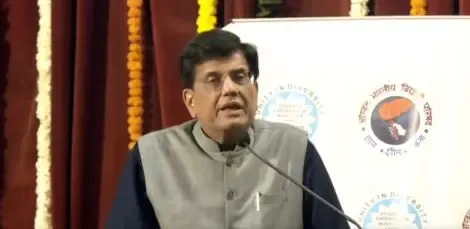
Synopsis
Key Takeaways
- Piyush Goyal criticizes states demanding funds based on tax contributions.
- Emphasizes the need for development across all regions of India.
- Highlights the role of the Finance Commission in fund allocation.
- Reassures support from the current BJP-led government for Northeast development.
- January 2025 saw a significant increase in tax devolution to states.
Mumbai, Feb 9 (NationPress) Union Commerce Minister Piyush Goyal has vocally opposed the requests from certain states demanding allocations of central funds based on the taxes they contribute to the national pool. He condemned this mindset as "petty thinking and unfortunate," emphasizing the Prime Minister’s belief that for the nation to flourish, the eight states in the Northeast, along with Bihar, West Bengal, Odisha, and Jharkhand, must also progress.
Goyal stated, "Some states like Karnataka, Tamil Nadu, and Telangana argue that they should receive back the taxes they have contributed. This kind of thinking is not only petty but also regrettable."
While addressing the 'Rashtriya Ekatmata Yatra 2025', an event organized by the Akhil Bharatiya Vidyarthi Parishad and the Students Experience in Inter-State Living initiative, Goyal referenced the previous government led by Uddhav Thackeray, remarking, "It is regrettable that leaders from that administration, which lasted two-and-a-half years, would calculate the taxes paid by Mumbai and Maharashtra and demand these amounts from Central funds."
However, Goyal reassured that the current BJP-led government in Maharashtra is quite considerate towards the Northeast. He elaborated that the central government allocates funds to states based on the Finance Commission's recommendations regarding states' shares in the total net proceeds of all taxes, which include corporation tax, personal income tax, and central GST.
The 15th Finance Commission (FC) advised that 41 percent of the central government's divisible tax pool be distributed to states for the period of 2021-26, a process known as vertical devolution.
Furthermore, the 15th FC proposed criteria for the distribution of these funds among states, referred to as horizontal devolution. These criteria take into account the “income distance,” which assesses the disparity in income between states, along with the population size as recorded in the 2011 Census and the proportion of dense forest cover in each state.
On January 10 of this year, the Union Government disbursed tax devolution totaling Rs 1,73,030 crore to state governments, a significant increase from Rs 89,086 crore in December 2024.
The Finance Ministry indicated that the higher allocation in January was intended to help states amplify their capital spending and support development and welfare initiatives.
A total of 26 states benefited from the funding package announced on January 10.
The allocations included Rs 13,017.06 crore for West Bengal, Rs 7002.5 crore for Andhra Pradesh, Rs 6,310 crore for Karnataka, Rs 5,412 crore for Assam, Rs 5,895 crore for Chhattisgarh, Rs 14,317 crore for Himachal Pradesh, Rs 3,330.83 crore for Kerala, Rs 3,126.65 crore for Punjab, and Rs 7,057.89 crore for Tamil Nadu.
Other states included Uttar Pradesh, which received Rs 31,039.84 crore, Maharashtra Rs 10,930.31 crore, Gujarat Rs 6,017 crore, Madhya Pradesh Rs 13,582.86 crore, Manipur Rs 1,238.9 crore, and Meghalaya Rs 1,327.13 crore.

